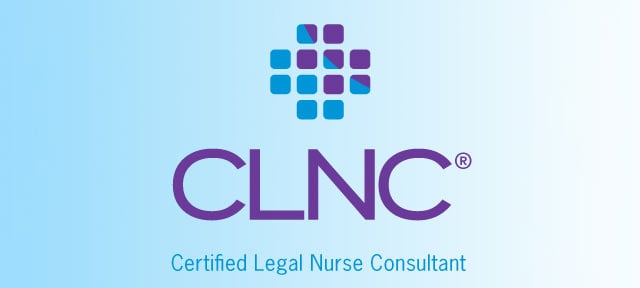Certified Legal Nurse Consultants have long known that the pharmaceutical and medical device industries have a vested interest in not only making sure that their products get wide distribution on the market, but also that they gain favorable press coverage in the healthcare and mainstream media. The extent of the “full court press” they make to gain such coverage takes on different extremes. Everything from parties, trips, gifts and research sponsorships are used to help influence writers. Another popular but hidden measure is the use of ghostwriters. They are often hired by the pharmaceutical or device industries themselves to write the articles, which are then submitted under the signature of an “impartial” doctor. Sometimes the so-called “ghost” may simply have ties, such as a sponsorship from the related industry or manufacturer, but other times the ghost may actually be part of the industry being written about. Just to name a few, many of you will remember the controversy surrounding disclosures of this practice related to Fen-Phen, Vioxx® and Premarin®.
According to The New York Times, many major medical journals are taking baby-steps in the right direction to identify and hopefully stop this practice, while others are not yet committed to the process. The Public Library of Science in its PLoS Medicine journal has called for a “zero-tolerance” ban on such ghostwriting and has suggested various remedies, including sanctions in situations where the ghostwriting is not disclosed.
Given the fact that many medical and other healthcare providers rely on these journals for unbiased information to make decisions regarding the use of different drugs, devices and treatments or even when creating standards of care, policies and procedures, etc., the information should be free of slant, spin or other bias. But apparently this isn’t true or at least doesn’t happen as often as we would hope.
The author of an article should be the person or persons who wrote or contributed the majority of the article, not the person who signs their name to it or submits it to a medical journal or other publication. At the very least the ghosts should be disclosed in the article’s acknowledgments, contributions or references.
Unfortunately, it appears that the major medical journals have not completely adopted nor have they enforced this policy. I am also not aware of any research being done to determine whether the professional nursing journals have adopted a similar policy. Until an impartial organization looks into this, or at least until the nursing journals adopt a policy of transparency, we’ll have to assume that nursing journals have the same potential level of bias or influence as do the medical journals.
What should be done? First the journals (scientific, medical or nursing) should put into effect a sanction policy for those situations in which a ghostwriter, sponsorship or other potential for bias is later disclosed or discovered. The second is for those same journals to adopt a transparency policy which then should disclose such bias as soon as it is discovered.
It’s imperative that healthcare professionals and ultimately the consumer are able to fully trust professional journals. Until ghostwriting is “ghostbusted,” we’re not in a position to place that trust. Until that day, Certified Legal Nurse Consultants should continue to question and challenge the validity of research studies where indicated.
Success Is Inside!
P.S. Comment about the “ghosts” you’ve read in medical journals.









Speaking of….. I am currently doing a lot of research for several cases, and have noted some differences in certain articles. I am finding more articles that have a disclosure statement regarding any affiliation that the authors or study participants may have with the manufacturer of the medical device/drug.
I particularly noticed this after I found an article praising a medicaton almost to excess while avoiding in depth info on side effects or contraindications. The disclosure notation revealed that nearly all the contributors to the article had a working relationship with the manufacturer.
This makes me wonder if there will be any ramifications on cases. If you can’t trust a journal article when professionals are using it as a standard of care measure – where do we turn to prove our point?
Just when you think you have figured out every possible manipulative move, another one hits you between the eyes. Wow. I wonder how many cases these articles have skewed in the past…. Are peer-reviewed articles trustworthy? Where does this stop? Are there textbooks that have skewed opinions in them? Do textbooks exist that tout certain modalities as the best evidenced-based practice in the industry only to find out the writer of the piece has personal interest in it?
This proves Certified Legal Nurse Consultants have to be ever diligent when deciding where to get their standards or care. Here is another reason our clients need us. We can not only provide the articles but research whether they are pure information not painted by the industry represented in the article.